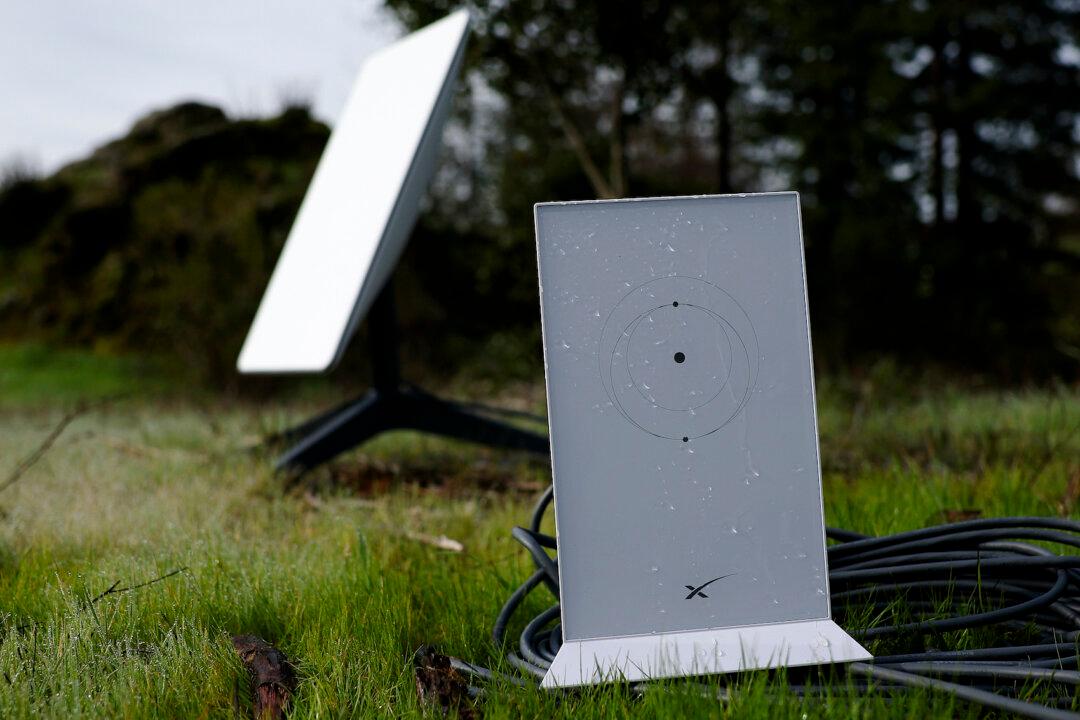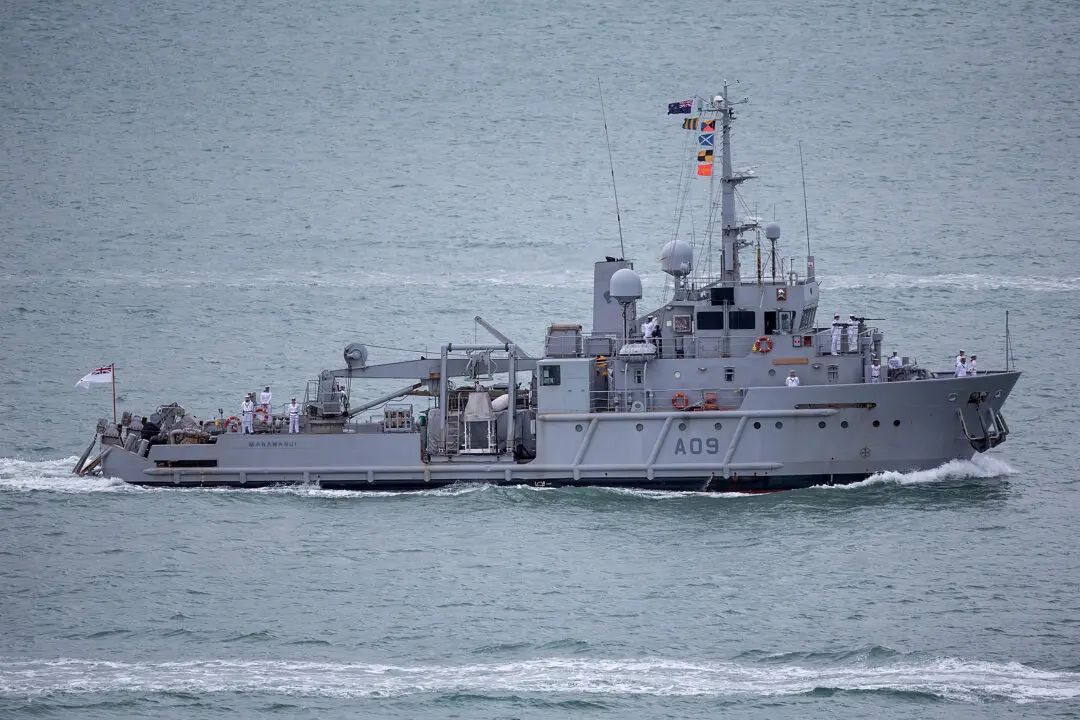Elon Musk’s Starlink, which delivers the internet by satellite, has received a formal warning from the Australian Communications and Media Authority (ACMA).
The service signed up its first Australian customers in 2021, after launching in 2019, and its popularity grew rapidly due to the continent’s remote geography.





